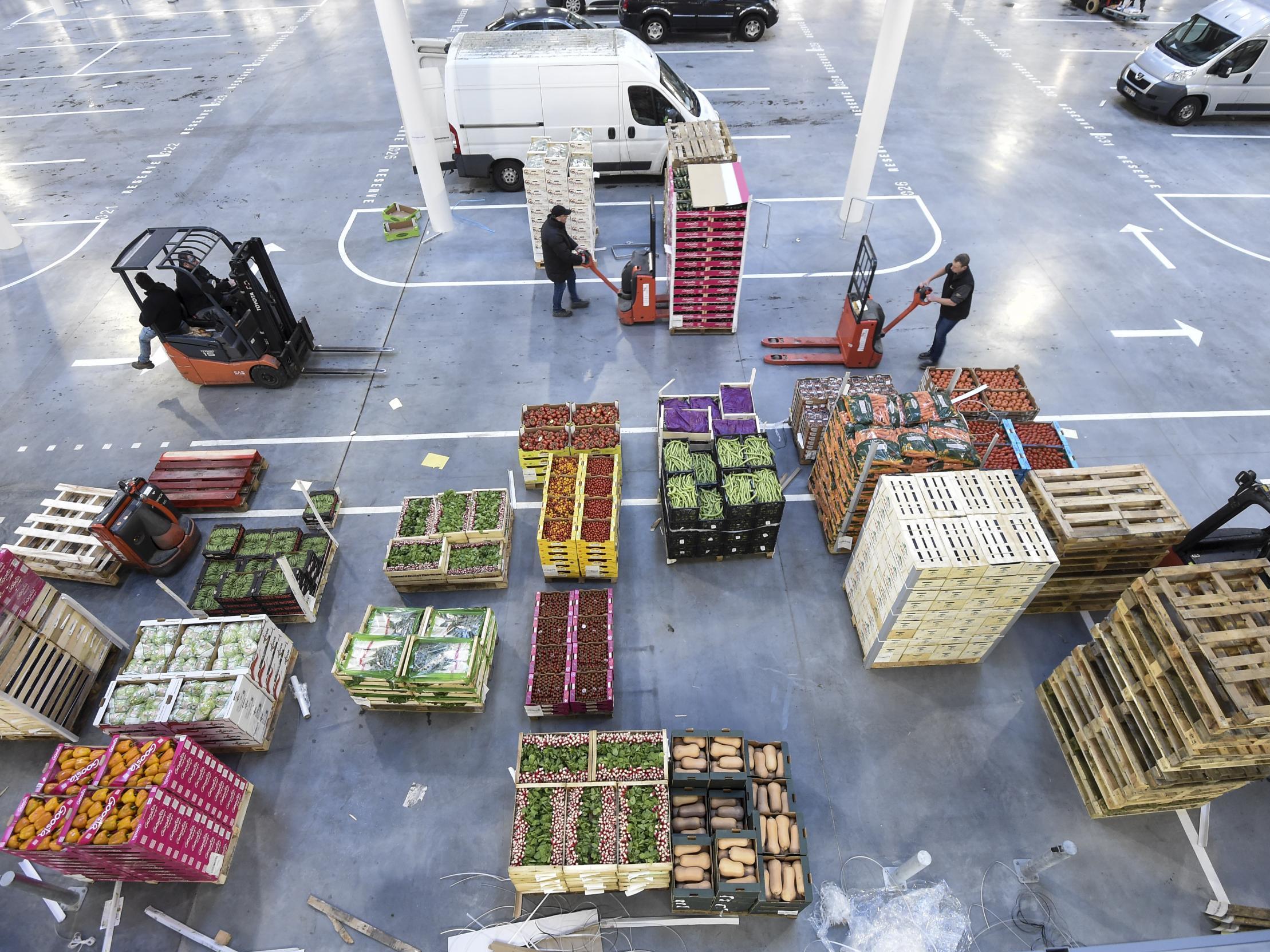Global food-price surge led by increase in cost of meat and vegetables
Cost of produce rises 9.5 per cent year-on-year to hit 26-month high

Your support helps us to tell the story
From reproductive rights to climate change to Big Tech, The Independent is on the ground when the story is developing. Whether it's investigating the financials of Elon Musk's pro-Trump PAC or producing our latest documentary, 'The A Word', which shines a light on the American women fighting for reproductive rights, we know how important it is to parse out the facts from the messaging.
At such a critical moment in US history, we need reporters on the ground. Your donation allows us to keep sending journalists to speak to both sides of the story.
The Independent is trusted by Americans across the entire political spectrum. And unlike many other quality news outlets, we choose not to lock Americans out of our reporting and analysis with paywalls. We believe quality journalism should be available to everyone, paid for by those who can afford it.
Your support makes all the difference.World food prices rose strongly in November, lifted by big jumps in the price of meat and vegetable oils, despite slightly lower cereals prices, according to the United Nations food agency.
The Food and Agriculture Organisation (FAO) food price index – which measures monthly changes for a basket of cereals, oilseeds, dairy products, meat and sugar – hit a 26-month high in November, averaging 177.2 points, up 2.7 per cent on the previous month and up 9.5 per cent year-on-year.
The FAO also predicted cereal production would reach an all-time high of 2.7 billion tonnes in 2019, up 0.4 per cent from its last forecast.
The cereal price index fell 1.2 per cent to 162.4 points, with large export supplies and strong competition among world producers weighing on wheat prices. The cost of rice fell to six-month lows as new crop arrivals added pressure.
The vegetable-oil price index rose 10.4 per cent to 150.6 points, reaching its highest since May 2018, led by firmer palm-oil prices, which strengthened on robust import demand, increased biodiesel use and concerns over possible supply shortages.
The meat price index registered its largest month-on-month increase since May 2009, rising 4.6 per cent from October to 190.5 points, with beef and sheep meat rising most strongly, lifted by demand from China and year-end holiday demand.
The sugar price index averaged 181.6 points, up 1.8 per cent from October, led by expectations of higher demand.
The FAO dairy price index averaged 192.6 points, only marginally up from October, after two months of declines.
The agency raised its forecast for global cereal production in 2019 by 0.4 per cent, estimating world cereal output at 2.7 billion tonnes, compared with 2018 levels.
Wheat output went up 4.8 per cent to 766.4 million tonnes.
Global rice production reached 515 million tonnes, up 1.6 million tonnes from the previous forecast, implying a 0.5 percent fall from the 2018 all-time high, the agency said.
Reuters
Join our commenting forum
Join thought-provoking conversations, follow other Independent readers and see their replies
Comments